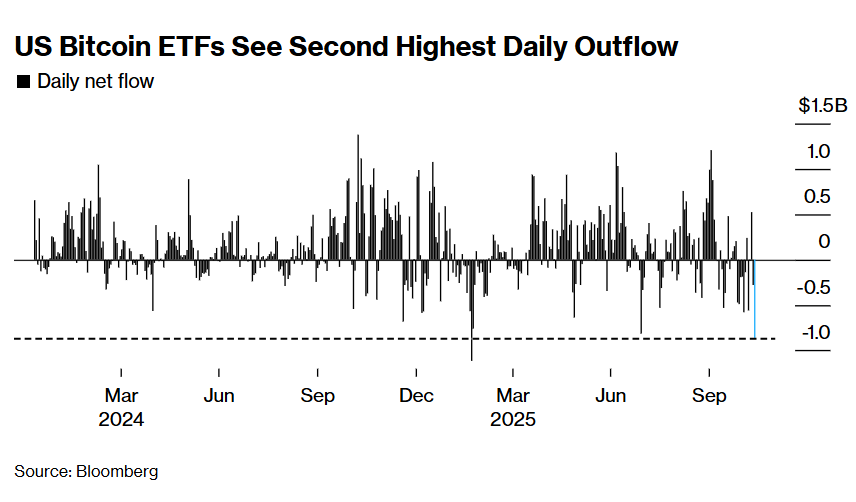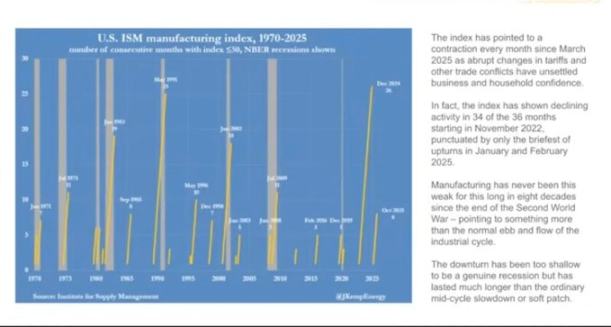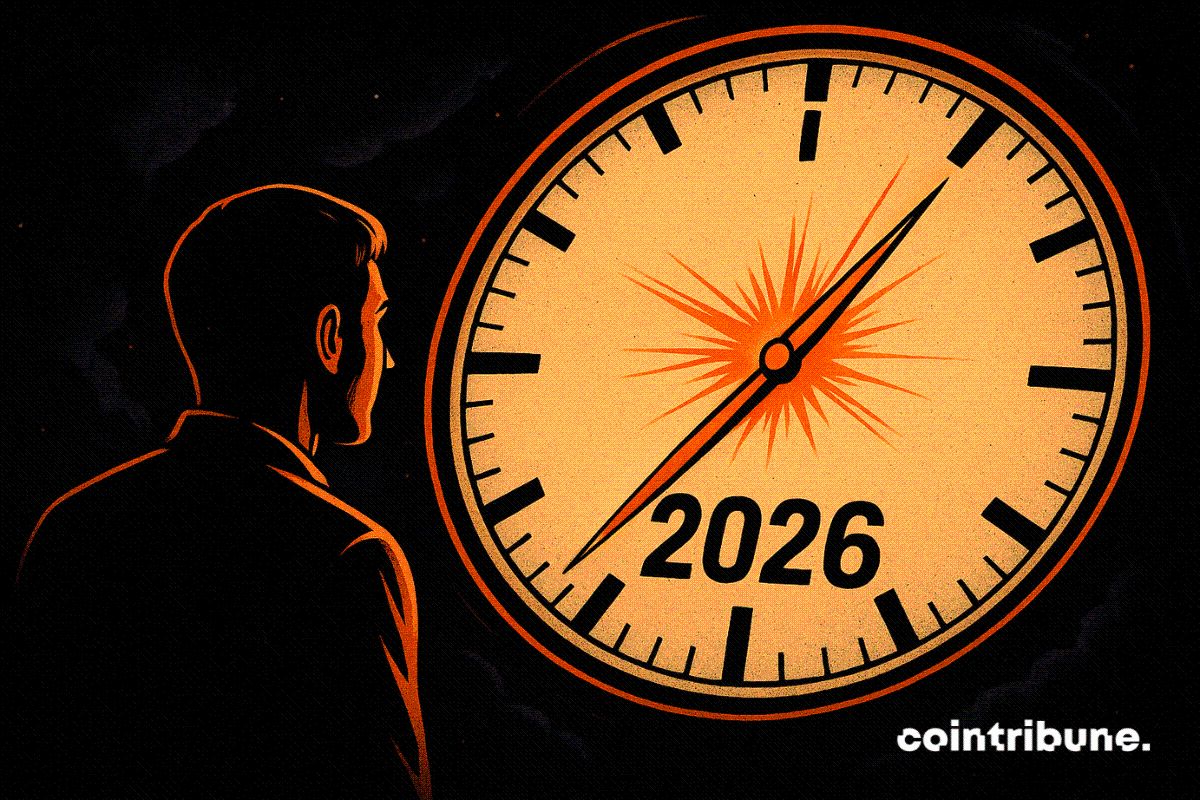Hungary enforces strict crypto restrictions, including penalties for unlicensed exchange users
Quick Take Hungary’s new law makes using unlicensed crypto exchanges a felony punishable by up to five years in prison and up to eight years for operators. Some international platforms like Revolut and Bitstamp have suspended services, and critics say the rules go far beyond EU MiCA requirements.

Hungarian authorities have introduced new restrictions on cryptocurrency trading, creating a legal grey area for an estimated 500,000 Hungarians who own digital assets.
A law was passed through parliament on June 17. It has been enforced since July 1, criminalizing the use of unlicensed exchanges and unauthorized high-value crypto trades, defined as transactions above 50 million Hungarian forints ($146,000) and up to 500 million forints ($1.46 million). Violators face up to two years and five years in prison, respectively, under the updated criminal code. Service providers face even harsher punishment, as rule-breaking could attract as much as eight years in jail.
The new rules , which put the Hungarian National Bank in charge of policing the sector, require all crypto-asset service providers operating in Hungary to obtain a license from the central bank to continue operations legally.
Holding bitcoin or other cryptocurrencies remains legal. The Supervisory Authority for Regulated Activities has yet to publish application procedures, leaving domestic firms in limbo and global exchanges no path to compliance. Revolut and Bitstamp have already reportedly halted crypto services for Hungarian residents in response.
Regulators say the rules align with the EU’s Markets in Crypto-Assets framework, adding extra safeguards such as a mandatory “conversion-validation certificate” for each trade. Some industry members counter that the penalties—far harsher than those in MiCA—and the absence of any licensing window look designed to stamp out trading rather than regulate it.
Hungarian officials have not commented on a timetable for releasing licensing criteria.
Disclaimer: The content of this article solely reflects the author's opinion and does not represent the platform in any capacity. This article is not intended to serve as a reference for making investment decisions.
You may also like
As economic cracks deepen, bitcoin may become the next liquidity "release valve"
The US economy is showing a divided state, with financial markets booming while the real economy is declining. The manufacturing PMI continues to contract, yet the stock market is rising due to concentrated profits in technology and financial companies, resulting in balance sheet inflation. Monetary policy struggles to benefit the real economy, and fiscal policy faces difficulties. The market structure leads to low capital efficiency, widening the gap between rich and poor and increasing social discontent. Cryptocurrency is seen as a relief valve, offering open financial opportunities. The economic cycle oscillates between policy adjustments and market reactions, lacking substantial recovery. Summary generated by Mars AI. The accuracy and completeness of this summary are still being iteratively updated by the Mars AI model.

The wave of cryptocurrency liquidations continues! US Bitcoin ETF sees second highest single-day outflow in history
Due to the reassessment of Federal Reserve rate cut expectations and the fading rebound of the U.S. stock market, the crypto market continues to experience liquidations, with significant ETF capital outflows and options traders increasing bets on volatility. Institutions warn that technical support for bitcoin above $90,000 is weak.

When traditional financial markets fail, will the crypto industry become a "pressure relief valve" for liquidity?
As long as the system continues to recycle debt into asset bubbles, we will not see a true recovery—only a slow stagnation masked by rising nominal figures.

A Quiet End to 2025 Could Prime Crypto for a 2026 Breakout, Analysts Say

